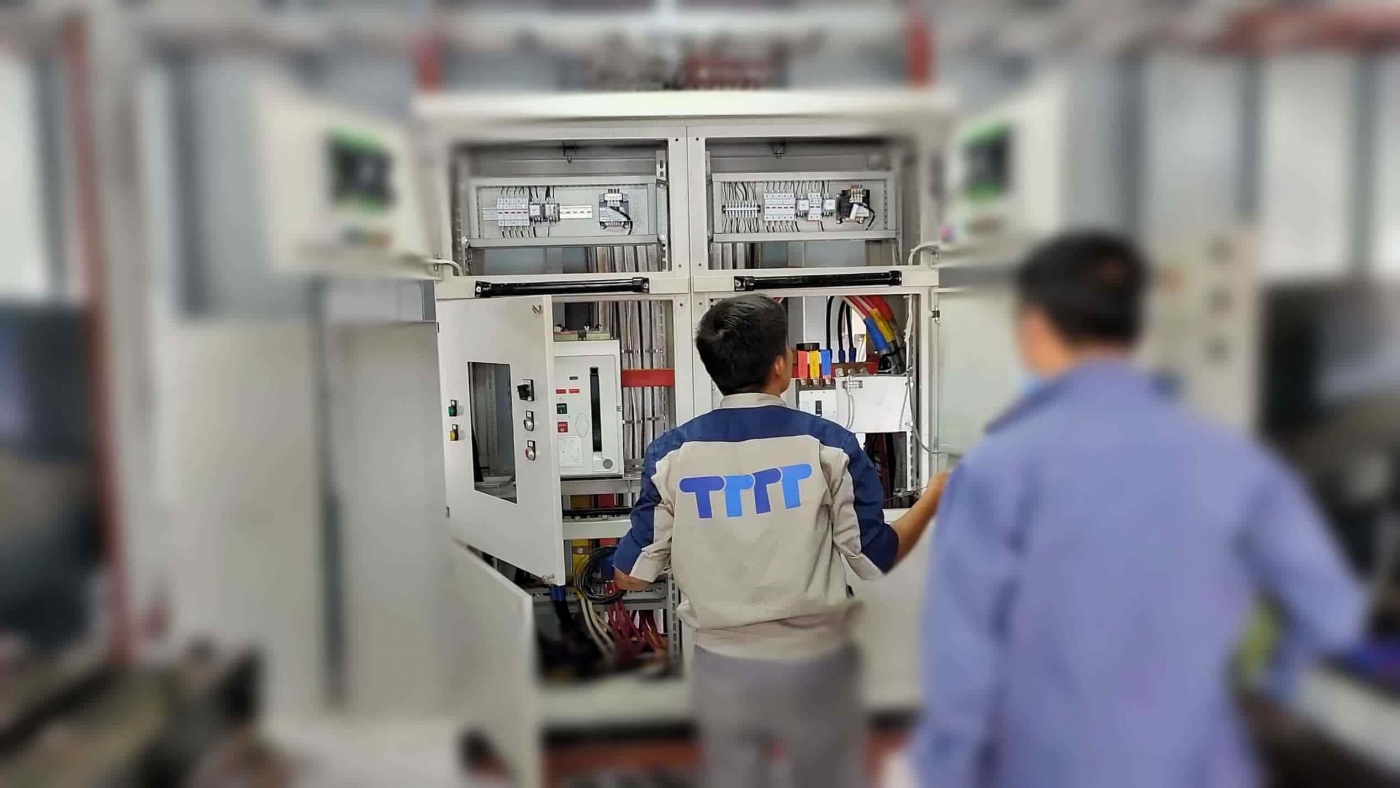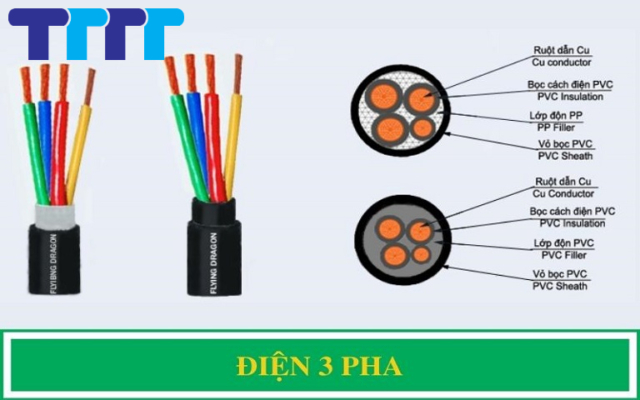In an ever-evolving world of technology, the field of electronics and telecommunications plays a vital role in keeping people and devices connected. From mobile phones to broadband internet, telecommunications technology is the foundation for effective communication and rapid data transfer. However, many people often question whether the electronics and telecommunications engineering is difficult to get job in? In this article, we will explore the challenges and opportunities in the field of electronics and telecommunications engineering.
You may be interested in the following articles:
- Learn about the field electronics and telecommunications engineering
- Trends and technologies of consumer electronics
Contents
Challenges when finding a job in the electronics and telecommunications engineering industry

Electronics and telecommunications engineering is difficult to get job – Fierce competition in the industry
Electronics and telecommunications engineering is difficult to get job or “not” is reflected in the competition of this field. The field of electronics and telecommunications engineering is a fiercely competitive industry, with many talented candidates vying for attractive job positions. This requires candidates to have excellent professional skills, practical experience and the ability to adapt quickly.
First of all, to be successful in the electronics and telecommunications engineering industry, candidates need to have in-depth knowledge of the latest technologies, from microprocessors, computer networks, telecommunications to IoT and artificial intelligence. It is important to pursue relevant courses, certifications, and update your knowledge.
In addition, practical experience also plays an important role in competing in this industry. Participating in real projects, finding internship opportunities and working at reputable companies will help candidates gain experience and grasp necessary practical skills.
The ability to adapt quickly is also a key factor to help candidates survive and develop in the fiercely competitive environment of the electronics and telecommunications engineering industry. Flexibility, creativity and effective problem-solving ability will help candidates quickly adapt to changes and new requirements.
See more: Providing genuine generator spare parts.
Requirements for in-depth knowledge and practical experience
Many companies in the electronics and telecommunications industry require candidates to have in-depth knowledge and practical experience in specific fields such as mobile networks, wireless networks or optical telecommunications systems. This can be difficult for candidates fresh out of college or those changing career fields.
To meet the requirements for in-depth knowledge and practical experience in the electronics and telecommunications industry, candidates need to have the following skills and understanding:
- Strong knowledge of mobile networks: This is an important field in the telecommunications industry, including technologies such as 2G, 3G, 4G, 5G, LTE, VoLTE, IMS, etc. Candidates should have a clear understanding of network structures, communication protocols, network management and security issues.
- Experience working with wireless networks: Wireless Network plays an important role in wireless data transmission. Candidates need to have solid knowledge of protocol standards (such as WiFi, Bluetooth, Zigbee), broadcasting equipment, antennas, and the ability to handle interference.
- Understanding of optical telecommunications systems: Optical telecommunications systems provide high transmission speed and data security. Candidates need to master the structure of fiber optic cable systems, multiplexer devices, demultiplexers, amplifiers and DWDM, SDH, OTN technologies.
- Problem solving skills: In fact, in daily work, candidates will face many complex problems in implementing and managing telecommunications systems. The ability to analyze, reason logically and solve problems is very important.
To master in-depth knowledge and accumulate practical experience, candidates who have just graduated or transferred to this industry can participate in specialized courses, intern at businesses or participate in research projects, develop new technology. Through each experience, they will accumulate the knowledge and skills necessary to succeed in the electronics and telecommunications industry.
Rapid change in technology
Technology in the field of electronics and telecommunications changes rapidly, which requires engineers to continuously learn and update knowledge to meet new requirements. This rapid change can also create pressure and stress for engineers in the process of finding and keeping a job.
Technology in the field of electronics and telecommunications has developed strongly in recent years. The advancement of technology has created many new opportunities such as Internet of Things (IoT), artificial intelligence (AI), blockchain, 5G, and many other applications.
The rapid change in technology requires experts and engineers to constantly learn and update knowledge to keep up with new trends. Perhaps never before has lifelong learning become as important as it is today for the electronics and telecommunications industry.
Rapid change also brings pressure and stress to engineers. They must always try to maintain their excellence, meet the requirements of new jobs, and constantly improve their skills. This can mean working long hours, studying constantly, and even facing pressure from competition with others.
High demand for soft skills
In addition to technical skills, employers in the electronics and telecommunications industry also appreciate candidates’ soft skills. This includes the ability to work independently, solve problems, manage time effectively and work under pressure. A shortage of these skills can be a major challenge when finding employment in the industry.
Some important soft skills that employers value include:
- Ability to work independently: Candidates need to be able to be confident and creative in their work without always needing guidance from others.
- Problem solving ability: Problems in the electronics and telecommunications industry are often complex and diverse, so the ability to think logically and solve problems flexibly is essential.
- Effective time management: To complete work on schedule and with the desired quality, candidates need to know how to manage time and prioritize work scientifically.
- Ability to work under pressure: The electronics and telecommunications industry often requires high precision and concentration, so the ability to work under pressure is an important factor for success at work.
The lack of these soft skills not only affects the ability to advance in a career but is also a big challenge when participating in the job search process in the electronics and telecommunications industry. Therefore, developing and practicing soft skills is extremely necessary for candidates who want to succeed in this field.
Career opportunities for people working in electronics and telecommunications engineering

Telecommunications engineer
With in-depth knowledge of telecommunications networks, telecommunications engineers can work in designing, implementing, and maintaining network systems for telecommunications companies, businesses, or other organizations.
IoT expert
With the strong development of the Internet of Things, career opportunities for IoT experts are increasing. These experts are responsible for developing and implementing IoT solutions for applications in everyday life and industry.
Data analyst
With the increase in the amount of data generated every day, analyzing and leveraging data has become an important factor in telecommunications engineering. Data analysts are responsible for collecting, analyzing, and deriving useful information from data to support business decisions.
Essential courses and certifications for those wanting to work in this field

CCNA Certificate (Cisco Certified Network Associate)
CCNA certificate is one of the important certificates for those who want to work in the telecommunications network field. This certification demonstrates the ability to configure, operate, and identify problems in a network.
CompTIA Network+ certification
CompTIA Network+ certification provides basic knowledge about computer networks and is one of the popular certifications in the information technology industry. This certification helps strengthen your knowledge of network installation, configuration, and management.
Course on IoT (Internet of Things)
With the strong development of IoT, participating in IoT courses helps you better understand how this technology works and is applied in practice. At the same time, the course also provides knowledge about network security and data management in IoT.
See more: Generator repair service
Company name:
TTTT GLOBAL co Ltd,.
- Address: Landmark 4 Building, Vinhomes Central Park, 720A Dien Bien Phu Str, Ward 22, Binh Thanh District, Ho Chi Minh City, Vietnam.
- Website: https://ttttglobal.com/en/
- Hotline: +84286 2728 334
- Email: Info@ttttglobal.com









